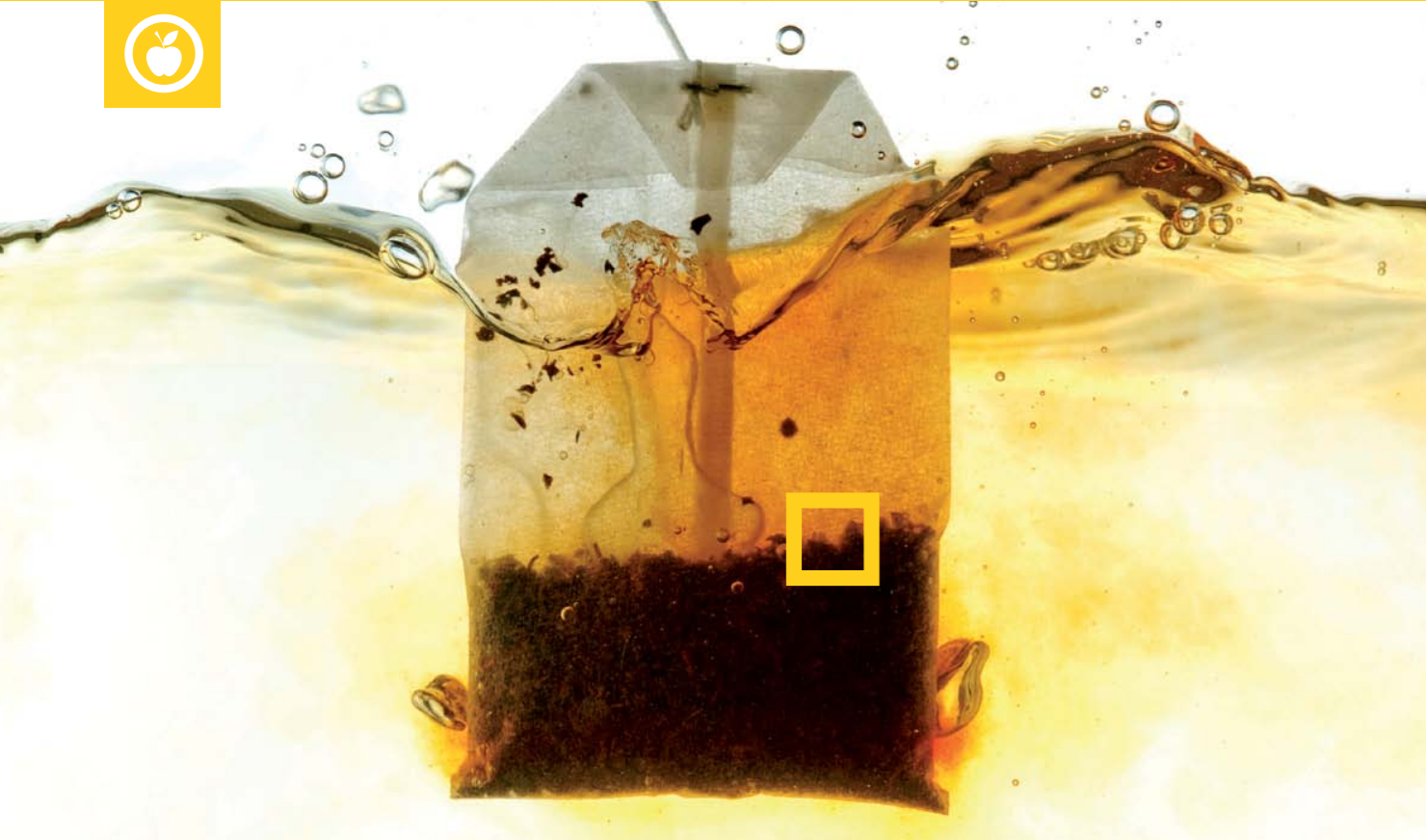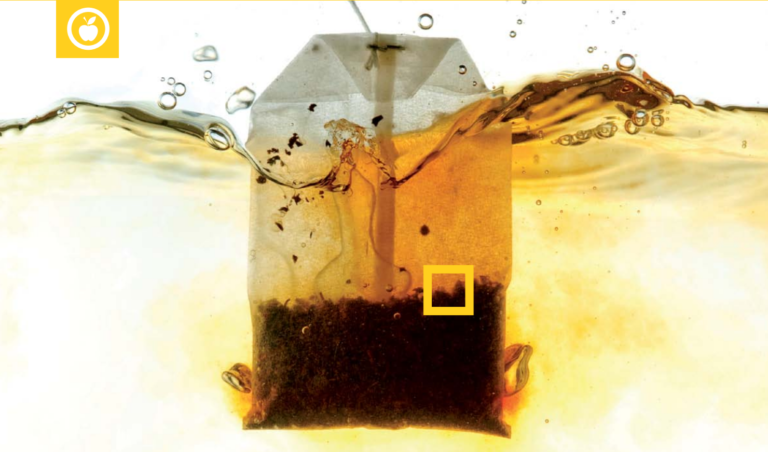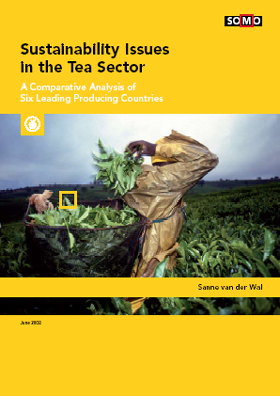
Certified Unilever Tea
Small Cup, Big Difference?
Wages with too few benefits or partly being paid in kind and not in cash, gender discrimination,ethnic discrimination, casual workers remaining permanently casual, workers applying pesticides without protective gear, sexual harassment, bad housing and hampered freedom of association and collective bargaining… These are some of the problems that affect tea workers on estates that have received certification from the sustainability standard system Rainforest Alliance (RA). In response to growing concerns voiced by civil society organisations regarding the precarious working conditions of the millions of tea workers worldwide, multinational tea packers, such as Unilever, who dominates this sector, are increasingly relying on sustainability standard systems, such as Rainforest Alliance, Utz Certified and Fairtrade, which are generally seen as best industry practice. This study wanted to find out whether working conditions on large tea estates that have achieved RA certification and supply Unilever are truly decent. To this end one hundred tea workers were interviewed on a total of eight tea plantation companies, all supplying tea to Unilever. Seven of these plantations are located in India and the remaining plantation concerns Unilevers own tea plantation in Kenya. The problematic working conditions that were found on these estates despite their RA certification indicate that RA does not seem capable of delivering any real guarantees on decent working conditions at least not with regards to the tea plantations sampled for this research. Possible explanations for the apparent disconnect between the theory of RA standard system and the reality on the ground are that the social auditing is not sensitive enough or RA standards not being interpreted strictly enough, or a combination of the two. The study calls for more independentresearch on the impact of standard systems to get a better grip on how they areeffective or not, and why this is so. It also recommends that RA and the companies that areworking with RA should conduct more due diligence by properly investigating the problemareas flagged in this research and by addressing their causes. This might entail being open to working with others on solutions that could include dedicated training and capacity building programmes as well as sectoral or national approaches.
Meer informatie nodig?
-

Sanne van der Wal
Senior Onderzoeker
Partners
Publicatie
Bijlagen
Gerelateerde content
-
 Arbeidsproblemen op plantages met keurmerk thee voor UnileverGeplaatst in categorie:NieuwsGepubliceerd op:
Arbeidsproblemen op plantages met keurmerk thee voor UnileverGeplaatst in categorie:NieuwsGepubliceerd op: -
 Unilever intensiveert inspanningen tegen ongewenste intimiteiten op theeplantages in KeniaGeplaatst in categorie:NieuwsGepubliceerd op:
Unilever intensiveert inspanningen tegen ongewenste intimiteiten op theeplantages in KeniaGeplaatst in categorie:NieuwsGepubliceerd op: -

-
A Comparative Study of the Tea Sector in Kenya Gepubliceerd op:Geplaatst in categorie:Publicatie


